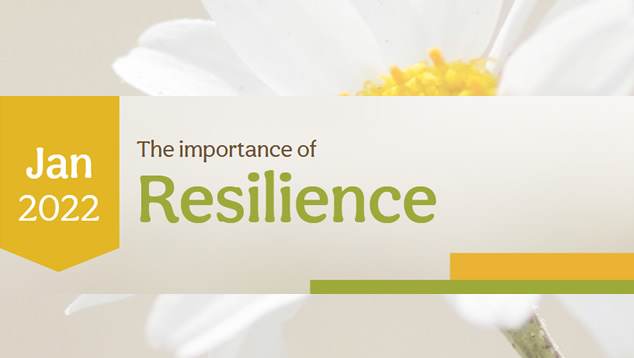Did you know that TeamstersCare excludes Walgreens, Walmart and Sams Club from its retail pharmacy network?
Jan 2022: The Importance of Resilience

What is resilience?
Resilience is the ability to positively adapt in the face of risk and adversity. There is a wide range of adverse experiences like the loss of a loved one or living in a pandemic. They can also be something less significant like missing a flight or stubbing your toe. Even if you are resilient, you will still experience anger, grief, pain, or frustration during these moments. Your feelings don’t go away. Instead, resilience allows you to cope with your emotions. Those with less resilience are more likely to feel overwhelmed by the negative events in their life. As a result, life may feel more difficult and challenging.
Why is resiliency important?
Resiliency enables you to prepare for stressful situations by being proactive instead of reactive. It helps you see failure as a form of helpful feedback that allows you to adjust and move forward. Resiliency also improves your ability to cope with difficult situations. It is a learned behavior that can be improved and challenged over time. It is important to continually work at it, so you are prepared when difficult life events arise. Resiliency is not the same for everyone. Some people are naturally more resilient than others due to a variety of factors including genetics and childhood experiences.
Building resilience
Resilience is a well that we dip from in times of trouble, rather than a hole we dig when we are already overwhelmed. It is best to lay the foundation early to help maintain your overall well-being. We often overlook our well-being until things become difficult to manage. Much like our physical health, we are less likely to get sick or feel ill if we engage in healthy habits. By investing in ourselves when we are doing well, we can help maintain our mental well-being.
